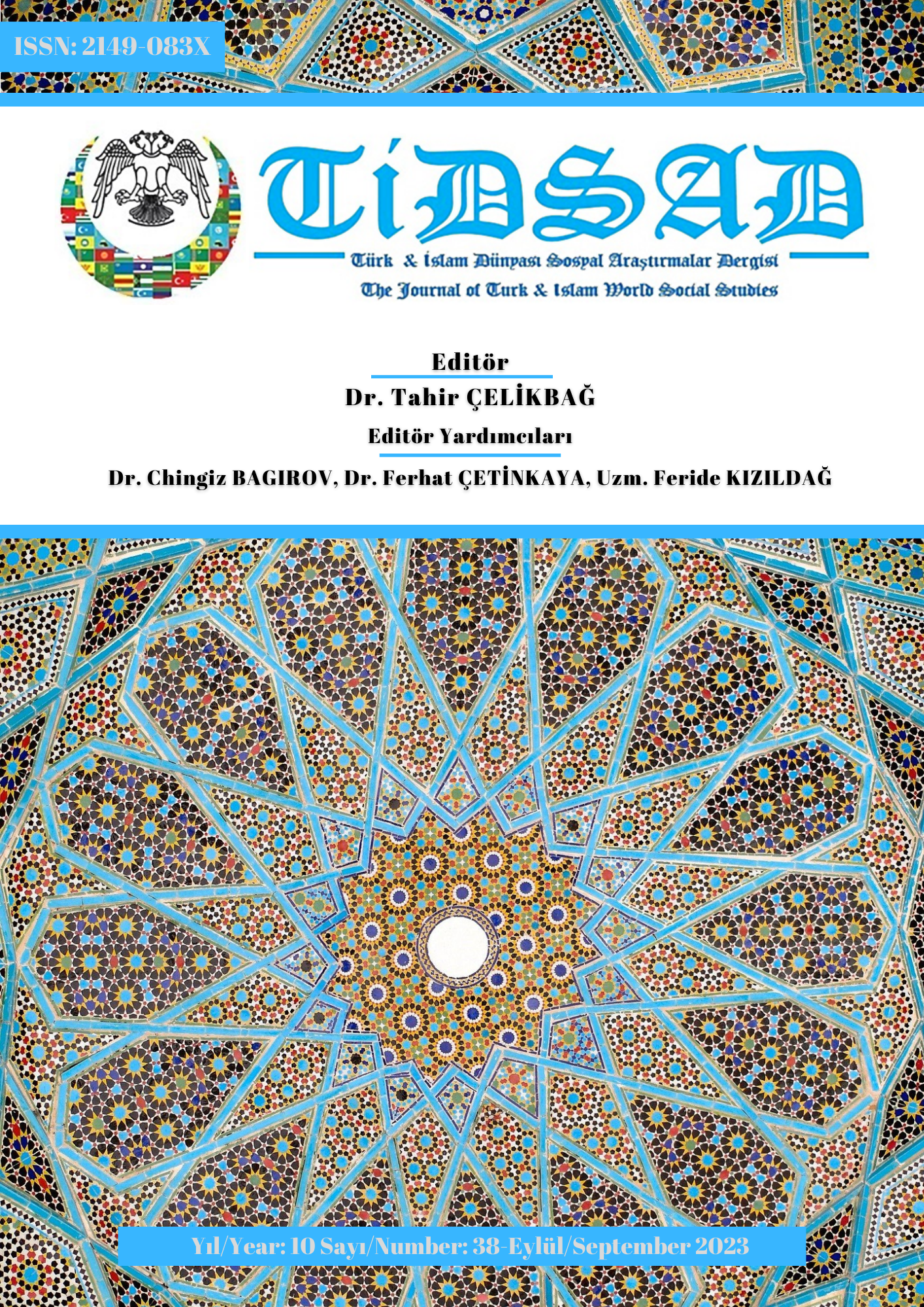وزن النصوص الأدبية في ميزان الكفاية اللغوية والتواصلية/Dilsel ve İletişimsel Becerilerin Edincinin Dengelenmesinde Edebi Metinlerin Yeri
Author :
Abstract
Çalışmanın amacı dilbilimsel ve iletişimsel yetkinliklerin gelişiminde edebi metinlerin rolünü saptamaktır. Çalışmaya göre edebi metinler dilbilim ve eğitim alanında fayda sağlamaktadır. Edebi metinler içerdiği bilgi bakımdan zengin olması, okura keyif vermesi, dilin tüm ögelerini içererek dilbilimsel varlığın zenginleşmesini sağlaması ve dil öğrenen bireylerin amaçlarına ulaşana kadar iletişim kurmasına imkan sağlaması ile bilinmektedir. Bununla birlikte edebi metinler, psikolojik can sıkıntısını azaltır ve dil öğretiminin beraberinde getirdiği dilbilimsel zorluklara çözüm getirirler. Araştırma sonucunda Arap dili eğitiminde edebi metinlerin kullanılmasının öğrencilerin dilbilimsel iletişim becerilerini kazanması için büyük önem arz ettiği ve edebi metinlerin göz ardı edilmesinin, gereken yeterliliği kazanmalarını olumsuz etkilediği görülmüştür. Bu sebeple eğitimcilerin edebi metinlere müfredatlarında yer vermesi gerektiği sonucuna varılmıştır.
Keywords
Abstract
This study aims to identify the role of literary texts in the development of linguistic and communicative competencies. The study suggests that literary texts have two benefits: linguistic and educational. Literary texts are one of the sources of the language, which are rich in information, known for their pleasure, and their ability to contain all the components of the language, which makes them effective in enhancing the linguistic presence, and enabling language learners communicate until the goal is reached. Furthermore, they have the ability to alleviate psychological boredom, and solve the linguistic complexities of language education. As the research recommends, the need to include literary texts in the teaching of the Arabic language is of significant importance since they are capable of enabling students acquire the skill of linguistic communication, and ignoring them may lead to a deterioration in the adequacy of learning it; therefore, trainers should include them in their curriculum.





